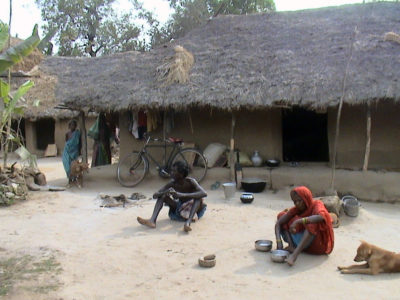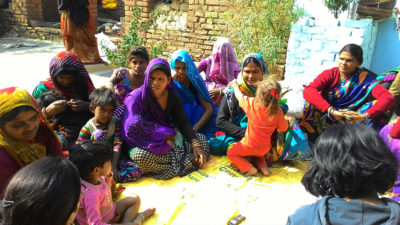
Over the last 25 years, Sama – Resource Group for Women and Health has conducted research on wide-ranging issues related to women’s health, public health, mental health, gender-based violence (GBV), and and sexual and reproductive health (SRH) including on maternal health, infertility, surrogacy, and assisted reproductive technologies (ART).
Our research capacities and pioneering research over the years have had a definitive impact on health and other social policies. In recognition of this, the National Human Rights Commission (NHRC) invited us to carry out a collaborative study on SRH in India with Partners for Law and Development (PLD). The study maps the key issues in SRH in India, highlighting the distinct yet interconnected nature of these concerns.

We also conducted a study on the health inequities among the tribal communities in selected districts of Chhattisgarh, Jharkhand, and Odisha, commissioned by the NHRC. Our research work on ART and surrogacy is acknowledged as path-breaking in presenting extremely critical and nuanced evidence that played a significant role in informing policy and legal discourse nationally and globally. Our research on Access to Medicines to assess the accessibility and affordability of drugs for which clinical trials were conducted on the Indian population has drawn much-needed attention to the issue. Our qualitative study on the interrelationship between gender and malaria among the rural poor of Jharkhand and the study on the implications of the two-child norm in Madhya Pradesh have amplified the ground realities vis-à-vis these issues, especially in the context of marginalised communities. We also conducted exploratory research in Uttar Pradesh and Rajasthan to understand the contributing factors to mental ill-health among young women as well as their experiences of accessing mental healthcare and other support that they require.
Sama – Resource Group for Women and Health is currently undertaking field-level ethnography with people living with Sickle Cell Disease (SCD) from the perspective of gender and disability justice as well as assessing the health system’s response to SCD.
Visit our Research Reports page




